Editorial Note: This post is part of how to study the Bible (the complete series).
Building on my introduction to the bible lesson, the next step is to do a survey of the Old Testament. This is a very short and simple survey, but (hopefully) enough to bring some foundational perspective into how Christians can related to the ancient Jewish Scriptures.
I might even argue that before you can begin to understand the New Testament (and the Covenant it shares with us), you really need to understand the Old Testament and Covenant. It’s what brings perspective and context to the New. Without the Old, the New would merely be a story of some religious leader walking around trying to change things.
Understanding Christ requires that we go back to the beginning. He was there all along, and the Old Testament continues to point to that moment in history when God Himself burst onto the scene and changed the world forever.
Catechism – The Old Covenant (BCP p. 846)
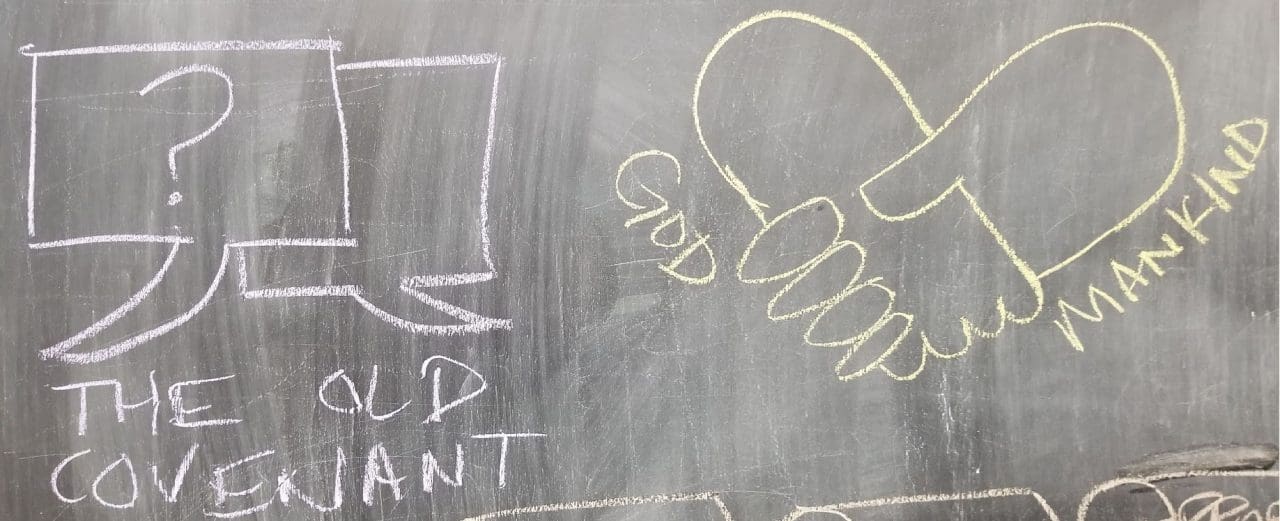
Q: What is meant by a covenant with God?
A: A covenant is a relationship initiated by God, to which a body of responds in faith.
My thoughts: This, I think, is key… that God initiates it. This is one of the main indications that God is in pursuit of a relationship with us. He’s not kicking back and just saying, “I’m here if anyone wants to hang out. If not, no big deal.” He wants to be in this with us, so He comes to us with request for a relationship. Kinda like a man getting down on one knee to ask the love of his life to marry him. Do we respond like the woman being proposed to?
Q: What is the Old Covenant?
A: The Old Covenant is the one given by God to the Hebrew people.
My thoughts: The world ignored Him for a long time. And even when He sent warnings and signs, we still ignored him in favor of things we could control on our own. So He started it with one man and a promise that they would become a great people.
Q: What did God promise them?
A: God promised that they would be his people to bring all the nations of the world to him.
My thoughts: While on the surface, the story seems to be about one nation as a chosen people, it’s really all about the mission to bring His love (and a New Covenant) to the entire world. No one in all of Creation is excluded from His desire to be in relationship.
Q: What response did God require from the chosen people?
A: God required the chosen people to be faithful; to love justice, to do mercy, and to walk humbly with their God.
My thoughts: God’s heartbeat is for His people. Being faithful, to Him and to each other. And this idea about loving justice, doing mercy, and walking humbly… it’s all exactly the opposite of the self-contentedness that resulted in the Fall (and pretty much every other sin mankind has committed).
Q: Where is this Old Covenant to be found?
A: The covenant with the Hebrew people is to be found in the books which we call the Old Testament.
My thoughts: Through this story, we see the foundation, preparation, aspiration, and expectation for Christ and God’s ultimate redemption of all mankind.
Q: Where in the Old Testament is God’s will for us shown most clearly?
A: God’s will for us is shown most clearly in the Ten Commandments.
My thoughts: This is something we’ll dive into in greater detail at another time. But in short, the focus of the Ten Commandments is on our duty to God and our duty to our neighbors. Aside from listing out specific “sins,” it still shows us the heartbeat of God for His creation.
The Structure of the Old Testament
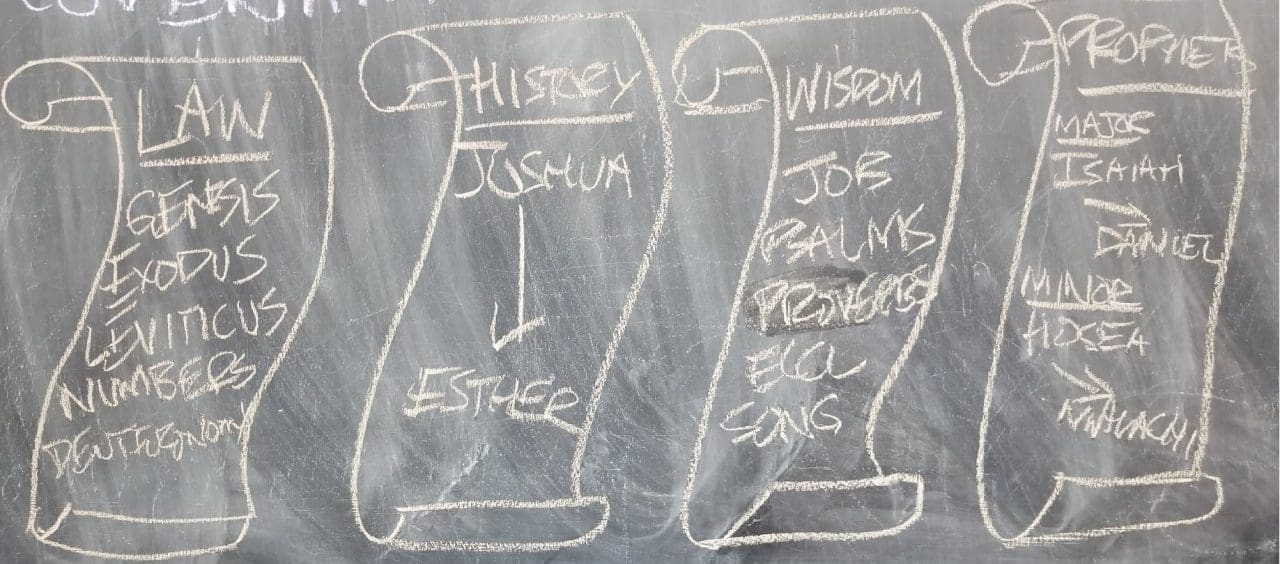
We commonly separate the Old Testament into four main groups:
- Pentateuch (Law) – Genesis, Exodus, Leviticus, Numbers, Deuteronomy
These are the five books of Moses which provide the historical calling of the nation of Israel and instructions for living. They set the stage and foundation for the coming of Christ. - History – Joshua, Judges, Ruth, 1 Samuel, 2 Samuel, 1 Kings, 2 Kings, 1 Chronicles, 2 Chronicles, Ezra, Nehemiah, Esther
These books tell the story from the settling of the nation of Israel in the Promised Land through the return from exile in Babylon. They point us to the preparation of the nation for the coming of Christ. - Wisdom/Poetry – Job, Psalms, Proverbs, Ecclesiastes, Song of Solomon
These writings are more experiential and focus on the human heart. They direct our aspiration towards Christ. - Prophets – (Major) Isaiah, Jeremiah, Lamentations, Ezekiel, Daniel, (Minor) Hosea, Joel, Amos, Obadiah, Jonah, Micah, Nahum, Habakkuk, Zephaniah, Haggai, Zechariah, Malachi
The focus of the prophetic books has many layers, but overall point to redemption. There is a message of moral and spiritual renewal, but also an expectation for the coming Christ.
We’ll discuss more on how to better understand each of these types of writings. But it’s really cool to see how they interweave with each other. For example, we can read a story in Samuel’s writings about a time when David was in trouble, and then read the Psalm that he wrote during that time. This gives us not only details of the events itself, but also a deeper look into the emotions he felt (and God’s place in all of it).
Knowing where these fit and how they are written, will help us in our reading and understanding.
A Simple Overview of the Old Testament
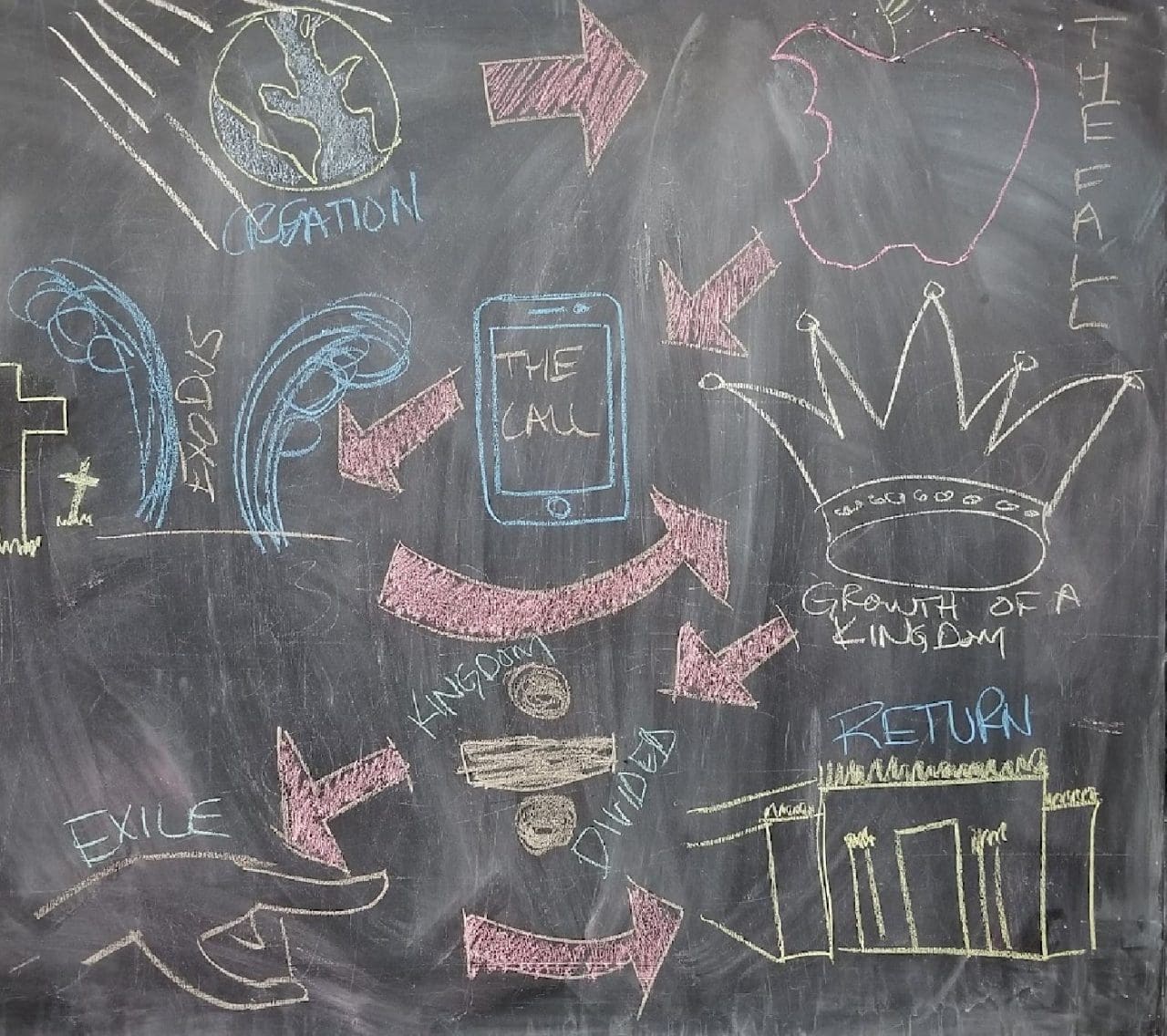
This is a very simplified overview of the Old Testament. But understanding this basic flow of major events recorded in the Old Testament can bring context to reading both the Old and the New Testament.
- Creation – God existed before all of creation, and even before time itself. He creates it all, with the pinnacle of creation being… mankind, who is designed to be in relationship with Him.
- The Fall – But… we mess it up. Starting a theme we’ll see over and over throughout the Scriptures, mankind chooses their own self-interests over relationship with God. It starts with the desire to be God.
- The Call – After cycles of people turning away from God, he calls out a man (and his wife) to be the unlikely father of a nation that would forever change the world and our relationship with Him.
- Exodus from Egypt – After a period of captivity, God redeems his people and brings them out of bondage. But after 400 years in this kind of captivity, the people follow God, but still struggle with what it should look like. (Cool related story… bible evidence: bahr yusef)
- Growth of a Kingdom – Israel settles in the Promised Land, and goes through all of the growing pains one might expect. There was a period of being ruled by Judges, followed by being ruled by Kings (at the request of the people, to be like “other nations”). And there are lots of ups and downs during this time of growth.
- The Divided Kingdom – Eventually, the nation split into two… the Northern Kingdom (eventually called Samaria), and the Southern Kingdom (of Judah, the home of Jerusalem). Understanding this split brings context to Gospel stories like the Parable of the Good Samaritan.
- Exile to Babylon – The nation who cannot stay focused on following God eventually falls and is taken into exile. Keeping prophetic writings (like Jeremiah 29:11) in perspective, helps us in our understanding as well.
- Return from Exile – The nation is restored, and returns home to rebuild… an entire generation later. God continues to redeem His people, even when they continue to prove themselves unworthy… a seemingly unending cycle.
Ultimately, we see people in close relationship with God to start with. And as things are going well, they tend to rely less on Him and more on themselves (or things they can control). So they fall away. Then they suffer the consequences of not being in the blessing/relationship. Then they turn and cry out for help, and God redeems them. And the cycle just repeats itself over and over and over…
The Ancient Jewish Tradition: TaNaK
It’s also very helpful to understand things in context. We must not forget that what Christians call the Old Testament is actually the full Hebrew bible. This great video from The Bible Project breaks it down in it’s original context to give us a better overview of how the writings work together, which is helpful in our efforts to interpret them and apply their lessons to our own lives.
What This Survey of the Old Testament Means To Us
God pursues us.
What we see is that from the beginning of time God created everything, and then He stepped back and said (my paraphrase), “Now it’s time… Let’s make what we’ve been planning all along.” And we are created in His image. As a dad, I look at my son and smile when I see that he looks just like me. I created that, and he’s just like me! I can imagine how God must have felt when he created mankind and just smiled when He sees how much we look like Him.
But then we fall away and do our own thing. “We don’t need you, I can do this myself!” That’s our constant cry… looking for independence and self-gratification. And when we fall, we fall hard. And He let’s us! But He’s always there to pick us up. No matter how many times we run back, needing His help… He’s always there for us.
And God knows us better than we know ourselves. He knows we’re going to fall. He knows that mankind, even His chosen people (Israel), would never get it right for long periods of time. So He always knew that He’d have to do something drastic to get our attention, and to show us the Way.
He’s always known that. And He used these chosen (despite their flaws) people to bring that something drastic to the nation of Israel, and to the rest of the world.
Ultimately, it all points to Christ.
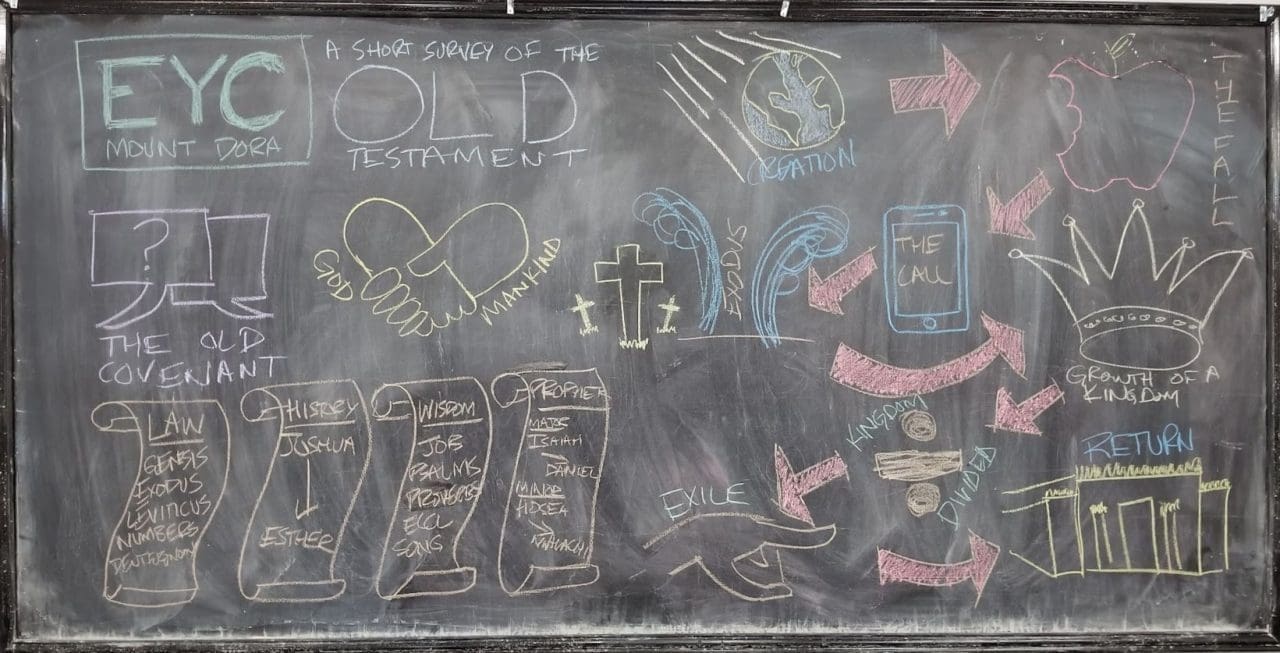

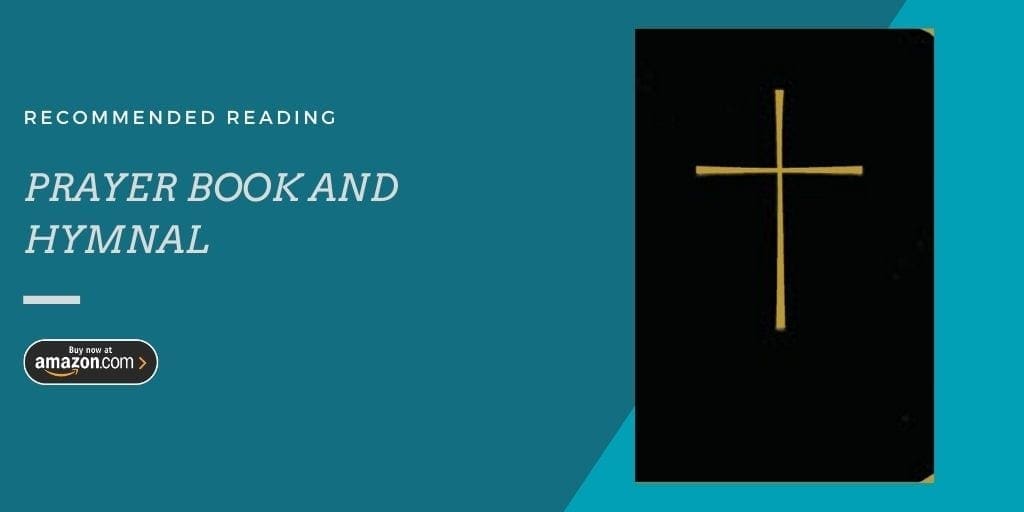



0 Comments